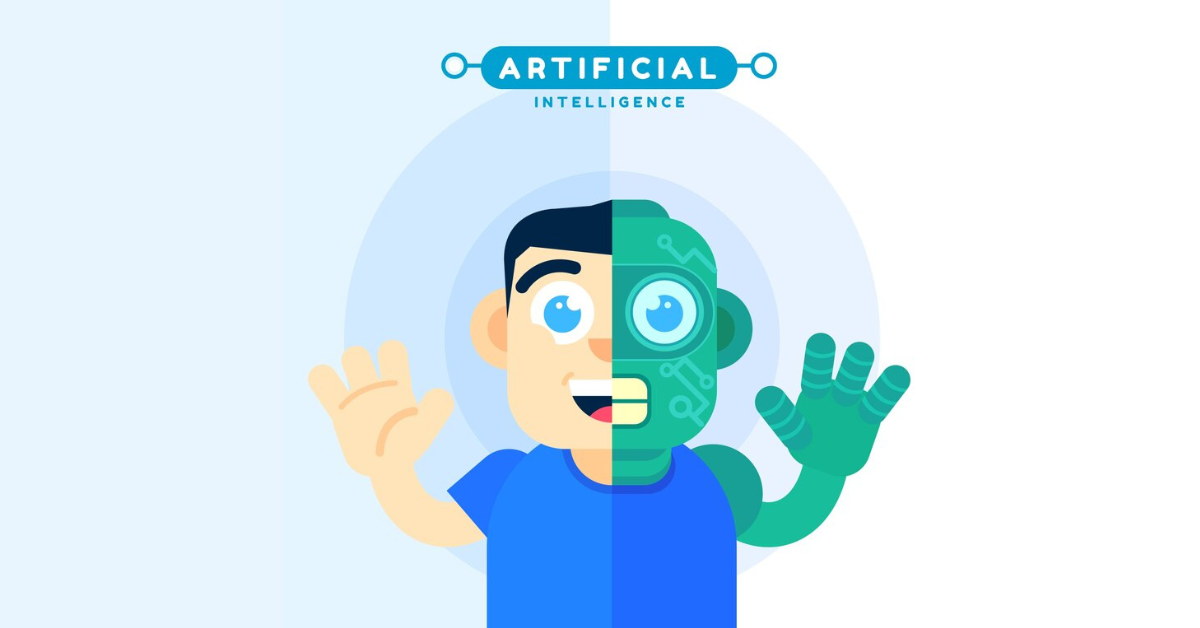Blog Introduction
The advent of AI tools like ChatGPT has revolutionized how we approach content creation. With its ability to generate high-quality text in seconds, ChatGPT offers undeniable convenience. But the burning question remains: Does using ChatGPT-generated content impact your SEO positively or negatively?
In this blog, we’ll explore the role of AI-generated text in SEO, analyze its pros and cons, and share best practices to ensure your content aligns with Google’s guidelines. Whether you’re a business owner, marketer, or SEO professional, this guide will help you navigate the AI-driven content landscape effectively.
1. Understanding ChatGPT and AI-Generated Content
ChatGPT, developed by OpenAI, is a sophisticated language model designed to produce human-like text based on prompts. It’s commonly used for:
- Blog writing
- Social media captions
- Website copy
- FAQs and more
While AI-generated content is fast and cost-efficient, search engines like Google prioritize content that provides value, originality, and relevance. This means blindly using AI tools without proper optimization could hurt your rankings.

2. How Google Treats AI-Generated Content
Google’s primary focus is on delivering quality, user-focused content. While Google doesn’t inherently penalize AI-generated text, it warns against content that lacks originality, depth, or relevance.
Key Points from Google’s Guidelines:
- Helpful Content: Content must satisfy user intent and add value.
- Originality: Rewriting or spinning existing AI-generated text can lead to penalties.
- Relevance: Keyword-stuffed, generic AI text may harm rankings.
ChatGPT-generated text must be reviewed, edited, and refined to ensure it adheres to these principles.
3. Pros of Using ChatGPT for SEO
a) Time Efficiency
ChatGPT generates content quickly, saving hours compared to manual writing. This is especially useful for scaling your content strategy.
b) Cost-Effective
Hiring professional writers for every piece of content can be expensive. AI tools provide a budget-friendly alternative for generating drafts or bulk content.
c) Boosts Creativity
ChatGPT can generate ideas, outlines, and angles you might not have considered, helping you break through creative blocks.
d) Versatility
From blogs to product descriptions, ChatGPT can handle various types of content, making it a versatile tool for marketers.

4. Cons of Using ChatGPT for SEO
a) Lack of Originality
AI models generate content by pulling patterns and phrases from their training data. This can lead to generic or repetitive text, which doesn’t stand out in search results.
b) Risk of Low Engagement
AI-generated content often lacks the human touch that resonates with readers. This can reduce user engagement, time on page, and ultimately, rankings.
c) Inaccuracy
While ChatGPT is highly accurate, it occasionally produces outdated or incorrect information. Publishing such content can harm your credibility.
d) Over-Reliance on AI
Dependence on AI can lead to a lack of originality in your brand voice, making your content less distinctive.
5. Best Practices for Using ChatGPT-Generated Text in SEO
To maximize the benefits of ChatGPT without compromising your SEO, follow these best practices:
a) Use ChatGPT as a Starting Point, Not the Final Draft
ChatGPT is excellent for creating first drafts, generating ideas, and outlining content. Always review and edit the output to add value, personality, and originality.
b) Fact-Check Thoroughly
AI tools can occasionally present misinformation. Verify every claim, statistic, or fact before publishing.
c) Optimize for User Intent
Ensure the content answers user queries clearly and effectively. Tailor it to match the search intent behind targeted keywords.
d) Add a Human Touch
Enhance AI-generated text with anecdotes, opinions, case studies, and insights that only a human writer can provide.

e) Focus on E-E-A-T (Experience, Expertise, Authority, Trustworthiness)
Google rewards content that demonstrates:
- Experience: Personal or professional experience on the topic.
- Expertise: In-depth knowledge shared in the content.
- Authority: Credibility and references to trusted sources.
- Trustworthiness: Accurate, transparent, and user-focused content.
f) Use AI for Specific Content Types
AI performs best with structured formats, such as:
- FAQs
- Summaries
- Product descriptions
- Social media captions
For complex topics requiring deep analysis or emotional resonance, rely on human writers.
6. Examples of ChatGPT-Generated Content Done Right
Case Study: Optimized Blog Post
A business used ChatGPT to generate a blog draft on “Top 5 Digital Marketing Trends.” After editing, they:
- Verified and updated the data.
- Added expert quotes and examples.
- Improved formatting for readability.
- Optimized the post for high-performing keywords.
Result: Increased organic traffic by 30% in three months.
Case Study: FAQ Section
An e-commerce site used ChatGPT to create a detailed FAQ section. After tailoring the text to their audience, they noticed higher engagement and improved rankings for long-tail keywords.
7. Tools to Enhance ChatGPT-Generated Content
a) Grammarly
Refine grammar, tone, and readability.
b) Surfer SEO
Optimize AI content for target keywords and search intent.
c) Hemingway Editor
Make the text concise and reader-friendly.
d) Plagiarism Checkers
Tools like Copyscape ensure the content is unique.
8. Final Thoughts: Does ChatGPT Hurt Your SEO?
The answer is: It depends on how you use it. ChatGPT is a powerful tool, but like any tool, its effectiveness relies on the user. By combining AI’s efficiency with human expertise, you can create SEO-friendly content that ranks well, engages readers, and builds trust.
The key lies in treating ChatGPT as an assistant, not a replacement. Use it wisely, follow best practices, and you’ll see it enhance your SEO strategy rather than hinder it.
Start leveraging ChatGPT strategically today, and unlock the potential of AI to grow your online presence without compromising quality!



